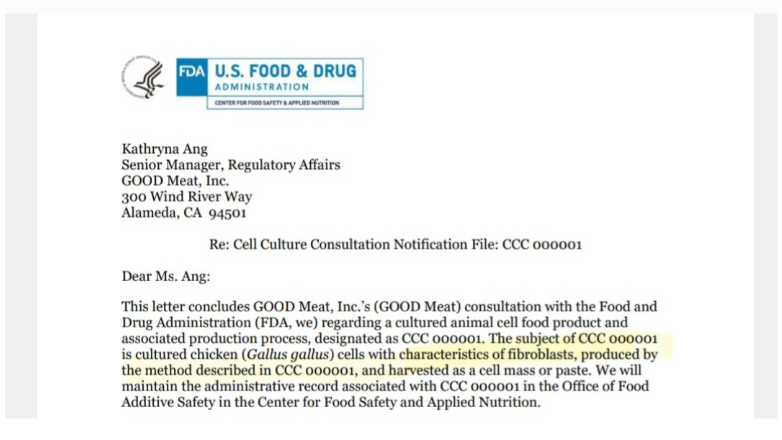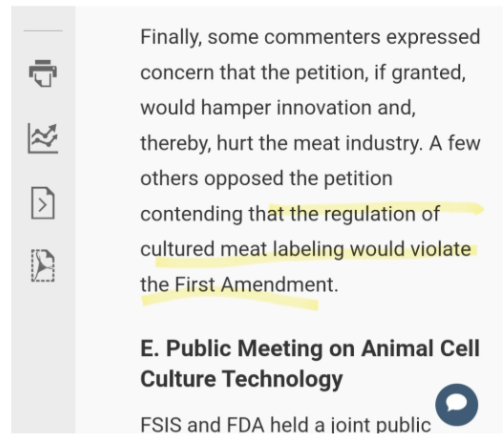The United Arab Emirates and the United States have signed an agreement for the Gulf country to build the largest artificial intelligence campus outside the United States, a type of deal that previously faced restrictions over Washington's concerns that China could access the technology.
The countries did not say which AI chips from Nvidia or other companies could be included in UAE data centres, but sources had said a deal would give the Gulf country expanded access to advanced AI chips. Nvidia Chief Executive Jensen Huang was seen in televised footage conversing with U.S. President Donald Trump and UAE President Sheikh Mohamed bin Zayed Al Nahyan at a palace in Abu Dhabi on Thursday.
Such a long-coveted deal, finalised during Trump's visit to Abu Dhabi on Thursday, is a major win for the UAE, which has been trying to balance its relations with its longtime ally the U.S. and its largest trading partner China. It reflects the Trump administration's confidence that the chips can be managed securely, in part by requiring data centres be managed by U.S. companies.
The UAE, a major oil producer, has been spending billions of dollars in a push to become a global AI player. But its ties to China had limited access to U.S. chips under former President Joe Biden.
The AI agreement "includes the UAE committing to invest in, build, or finance U.S. data centres that are at least as large and as powerful as those in the UAE," the White House said.
"The agreement also contains historic commitments by the UAE to further align their national security regulations with the United States, including strong protections to prevent the diversion of U.S.-origin technology."
Reuters had earlier reported that the two countries had finalised a technology framework agreement and that it would require commitments on both sides to the security of the technology.
The UAE could be allowed to import 500,000 of Nvidia's most advanced AI chips per year starting in 2025, sources have told Reuters. Nvidia declined to comment. The UAE foreign ministry did not immediately respond to a request for comment.
Central to the agreement announced on Thursday is the 10 square mile (25.9 square kilometre) AI campus in Abu Dhabi with 5 gigawatts of power capacity for AI data centres, the U.S. Commerce Department said.
"That's bigger than all other major AI infrastructure announcements we've seen so far," Rand Corporation analyst Lennart Heim said on X. That is enough power to support 2.5 million of Nvidia's top-line B200 chips, he calculated.
The campus will be built by Abu Dhabi state-backed firm G42, but U.S. Secretary of Commerce Howard Lutnick said in a release that "American companies will operate the data centers and offer American-managed cloud services throughout the region."
The U.S. fact sheets also described chip company Qualcomm working on an AI-related engineering centre and that Amazon Web Services, the cloud unit of the tech and commerce company, would work with local partners on cybersecurity and fostering cloud adoption.
EASING RELATIONS
The U.S. has pursued protectionist policies for years to curb China's access to advanced semiconductors, including ensuring the chips do not end up in the country via third parties.
Regulations are easing under Trump, whose AI czar David Sacks said in Riyadh on Tuesday that the Biden administration's export controls were "never intended to capture friends, allies, strategic partners".
Granting the UAE more access to the most advanced chips, manufactured by firms such as Nvidia, marks a major turnaround.
"This shift enables (the UAE) to deepen its technology partnership with the U.S. while still preserving trade ties with China," said Mohammed Soliman, senior fellow at the Middle East Institute.
"It doesn't mean abandoning China but it does mean recalibrating tech strategy to align with U.S. standards and protocols where it matters most: compute, cloud, and chip supply chains," he said.
AI was top of the agenda when UAE President Sheikh Mohamed bin Zayed Al Nahyan visited Washington in December in the final days of Joe Biden's presidency. G42 and MGX, the state-linked vehicles picked to drive the UAE's AI investment push, have also invested in U.S. firms such as OpenAI and Elon Musk's xAI, while Microsoft last year agreed to invest $1.5 billion in G42.
The two companies said the deal was backed by security assurances, and under U.S. pressure, G42 had previously begun ripping out Chinese hardware it was using and sold off Chinese investments.
Still, major Chinese firms like Huawei and Alibaba Cloud are present in the UAE, and organised AI chip smuggling to China was tracked out of countries including Malaysia, Singapore and the UAE, a source told Reuters in February.


